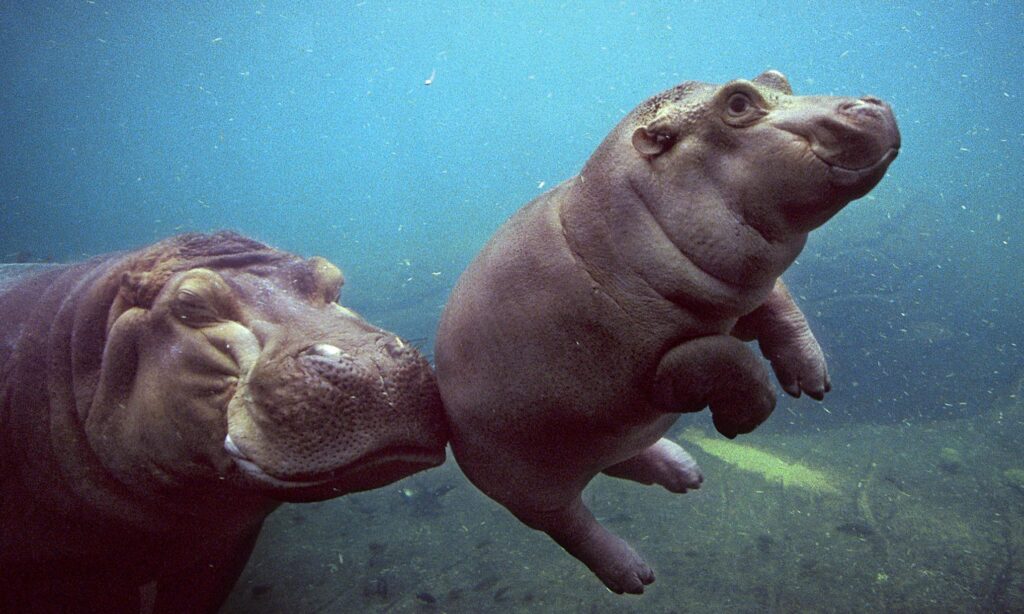Most of us have participated in Open Space events, and I’m sure we had great time doing so. And we all remember the experience when at the beginning, a facilitator with a benign smile told us the four principles and one law of Open Space:
- Whoever comes is the right people.
- Whatever happens is the only thing that could’ve. (or short: Whatever happens, happens)
- When it starts is the right time
- When it’s over, it’s over
And the law is The law of two feet. Meaning that it is people’s right to leave a group if they are no longer interested.
In the users guide, Harrison Owen himself admits that these principles somewhat state the obvious. At the same time, we all agree that the intention of these statements is to keep your expectations open and go with the flow. But what if someone doesn’t?
Whatever happens is the only thing that could’ve. So if someone hijacks the conversation and makes it their own, as long as some people stay, it’s ok. (I’ve seen this happen.)
Whoever comes is the right people. If someone goes and fetches someone else, as long as they come, it’s the right people. If someone bullies a participant into using the law of two feet and leaving, it’s the right people – and the only thing that could’ve happened.
When it starts is the right time. If someone wants the group to wait until they have fetched coffee, as long as they are too polite to object it’s the right thing to happen.
When it’s over it’s over. If someone manages to keep the discussion over the time when other groups re-form and start new topics, as long as the people in the group let it happen, it’s ok.
The law of two feet. If someone plays an important part in a difficult discussion, they can just walk away and thus show their disagreement, without exposing their opinion to further argument.
Now look again at these examples of destructive behaviour. When would someone get away with it? The most probable case is when they have some sort of power over the others that comes from outside the Open Space setting, and have no inhibition to use it in their own interest. So it is not the rules of Open Space themselves which guard the setting against such influence.
Still, these scenarios usually don’t happen. Why?
One explanation would be because of our civil manners and our readiness to put our own intentions at the service of the overall result. That’s nice.
Another one would be because we are all complacent, we are not willing to insist on what’s good, against the flow of the majority. That’s not so good.
And then again, maybe it doesn’t happen because people never really thought through what the principles and the law can mean, and just went on doing what looks like a nice thing to do anyway. And that’s slightly worrying.
What can we learn from this? One of Stafford Beer’s book’s title sums it up nicely: Think before you think!





